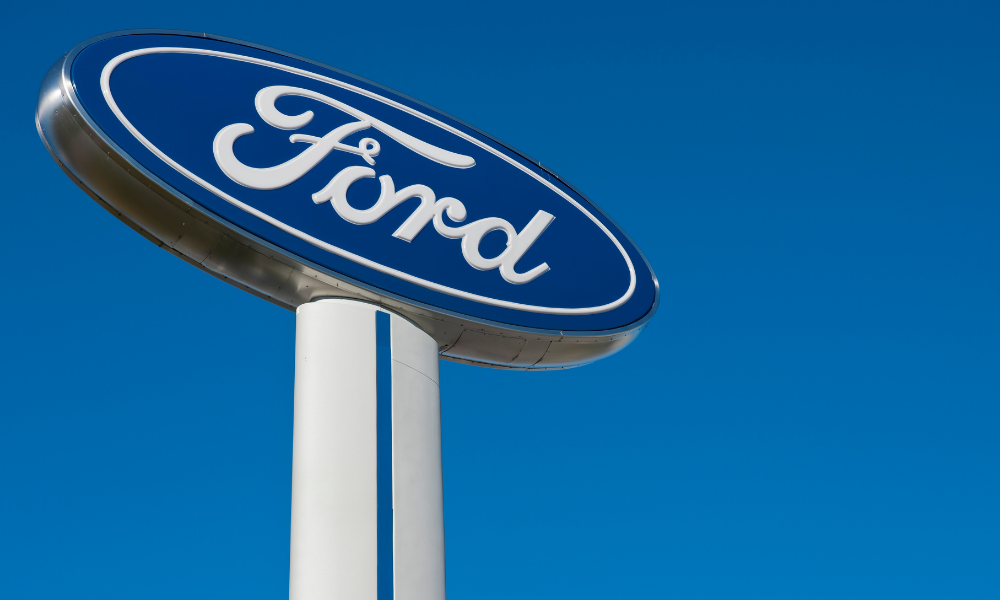
Buyers of truck sue Ford after experiencing stalling, acceleration issues and part failures

In a recent case, the California Court of Appeal addressed whether certain internal emails and presentations introduced as evidence by purchasers of a truck were admissible in a suit against Ford Motor Company.
In Ralph Bowser et al. v. Ford Motor Company, a married couple owned a 2004 model of a Ford truck, which turned out to be a lemon. After the dealership assured them that Ford had dealt with the previous problems, the couple bought a 2006 model of the same truck.
However, the 2006 truck and its engine needed numerous repairs after it experienced stalling, acceleration issues, and part failures. The couple mostly stopped driving the truck after it had around 100,000 miles on it.
Read more: Injured party sues employer after employee falls asleep at the wheel
In a suit against Ford, the couple made a claim under the Song-Beverly Consumer Warranty Act and a claim for common-law fraud. They introduced numerous Ford internal presentations and emails, some of which stated that their information was secret. The evidence stated that Ford knew that certain parts of the truck’s engine were failing at excessive rates and that Ford struggled to figure out the root cause of the failures.
Ford conceded liability under the Song-Beverly Act but objected to the introduction of the internal emails and presentations. The trial court allowed Ford to make a continuing hearsay objection.
The jury, ruling in the couple’s favour, awarded them compensatory damages under the Song-Beverly Act and for fraud, a statutory penalty under the Act, and punitive damages. The couple decided to recover compensatory damages under the Song-Beverly Act rather than for fraud.
The trial court awarded the couple $836,528.12 in attorney fees plus $94,264.99 in costs. Ford appealed.
The California Court of Appeal for the Fourth District, Division Two found no prejudicial error in the trial court’s decision and affirmed it.
Among the evidence that the couple presented, exhibits 39, 41, 45, 47, 48, 54, 61, 62, 63, 64, 65, 162, 188, and 189 were admissible as authorized admissions. The appellate court explained that the following employees made statements within the scope of their employment:
Exhibits 42, 43, 45, 160, and 198 were not admissible as authorized admissions, the appellate court said. However, these exhibits were admissible as nonhearsay evidence that the Ford employees who received them knew about the problems discussed in these exhibits.
They were likewise admissible under the state-of-mind exception to show that the authors who were Ford employees knew about these issues, the appellate court said.